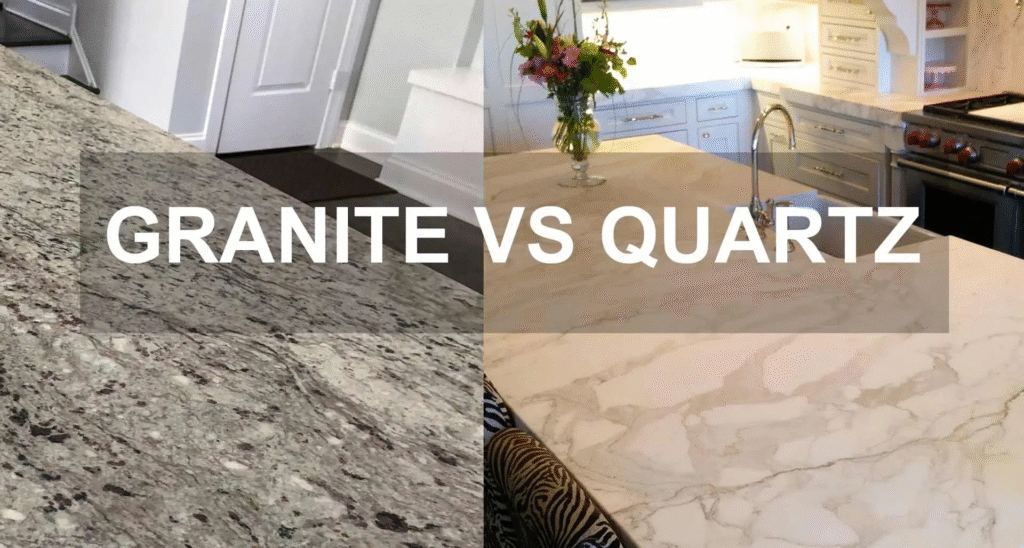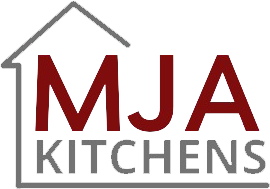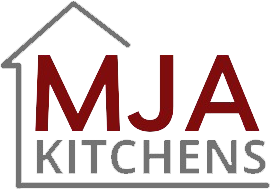Are Quartz Countertops More Expensive Than Granite in Burlington?
Quartz countertops vs granite Burlington has become a hot topic for homeowners planning a kitchen upgrade. In this guide, we’ll compare the real costs, maintenance requirements, durability, environmental impact, fabrication processes, aesthetic benefits, and long-term performance of both materials—so you can decide which surface best fits your style, budget, and daily needs.
Cost Comparison: Quartz vs. Granite
Material Price:
- Material Price: Quartz: Typically $70–$150 per square foot installed in Burlington, depending on brand and pattern. Granite: Generally $80–$200 per square foot installed, with exotic slabs (rare veining or colors) commanding the higher end of that range.
- Installation Labor: Quartz installation tends to be slightly faster (2–3 days) since it requires less sealing than granite. Granite installers must seal joints and the entire surface, adding time—and therefore labor cost—to the project.
- Long-Term Value: Quartz’s low maintenance can save you money over time (no annual sealing). Granite offers a classic, high-end look that can boost resale value in Oakville—but quartz is catching up in buyer appeal.
Durability & Maintenance
- Stain Resistance: For quartz: Non-porous—no sealing required. For granite: Porous—needs annual sealing to prevent stains
- Scratch Resistance: For quartz: Excellent—resists most household scratches. For granite: Very good, but slightly more susceptible
- Heat Resistance: For quartz: Withstands 300–400°F, but use trivets for hot pans. For granite: Withstands higher temperatures, but caution advised
- Repairability: For quartz: Difficult—chips must be replaced by a pro. For granite: Easier—chips can be patched with color-matched epoxy
Aesthetic & Style Factors
- Quartz Offers consistent patterns—ideal if you want a uniform look across large islands or waterfall edges. Available in bold, engineered designs (metallic flecks, deep blacks) that natural stone can’t mimic.
- Granite Delivers unique veining and color variations—every slab is one-of-a-kind. Natural variations can create a luxury, organic feel, but may require careful slab selection to avoid unexpected pattern breaks.
Burlington-Specific Considerations
- Local Supplier Access: MJA Kitchens partners with Burlington and Hamilton stone yards, giving you first pick of new quartz lines and exotic granite slabs.
- Climate Impact: Burlington’s seasonal humidity swings mean a non-porous surface (quartz) can be an advantage in preventing mildew in seams and grout lines.
- Resale Trends: Recent MLS data shows quartz installations outperform granite in mid-range homes, while luxury properties still favor high-grade granite.
Which Should You Choose?
Choose Quartz If:
- You want low maintenance, uniform patterns, and modern colors.
- You prefer long-term cost savings on upkeep.
- You’re installing a large island or waterfall edge that needs a perfect match.
Choose Granite If:
- You value natural stone uniqueness and don’t mind annual sealing.
- Your budget accommodates premium slabs (especially if you pick an exotic variety).
- You’re targeting a high-end resale market where granite is still considered the gold standard.

Frequently Asked Questions
No. Quartz is engineered to resist scratches better than natural granite in most household scenarios.
Granite requires annual sealing to maintain its stain resistance and protect the surface.
No. Professional templating and installation are crucial for seams, level surfaces, and edge finishes.
If you’re in Burlington or nearby and need a kitchen remodeling services you can rely on, MJA Kitchens has the expertise, resources, and local knowledge to bring your vision to life.
Transform your kitchen, enhance your home’s value, and enjoy a seamless renovation experience—partner with MJA Kitchens today.

